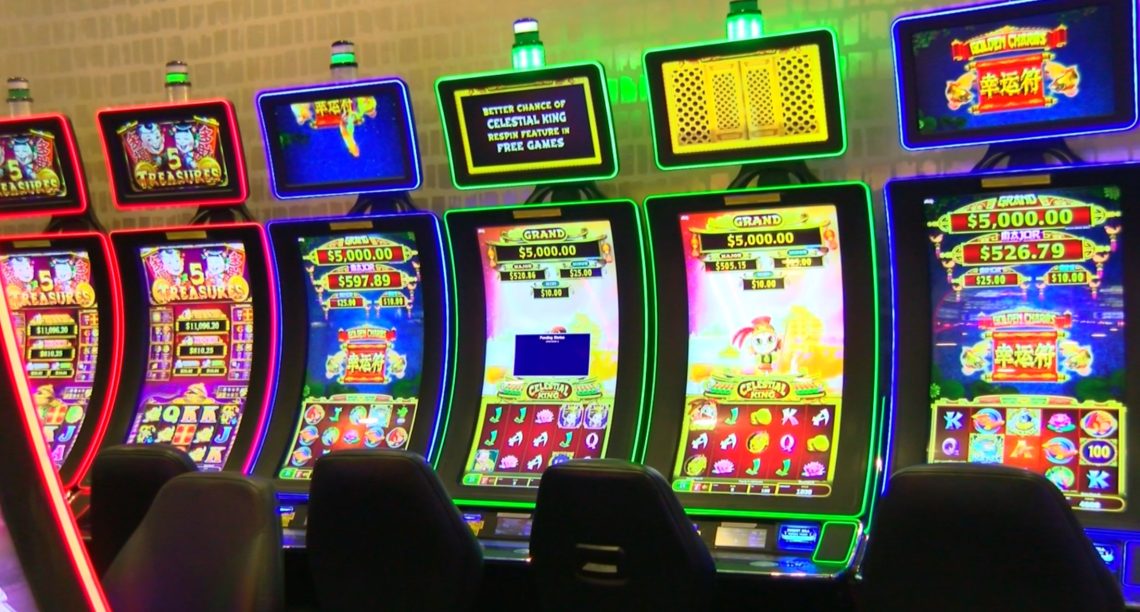Introduction
The gambling industry is often a target for financial crime, including money laundering. With the rise of online and land-based casinos in Greece, authorities have implemented strict measures to combat illicit financial activities. Licensed operators, such as Betriot, adhere to anti-money laundering (AML) protocols, ensuring compliance with both Greek and EU regulations. But how do Greek casinos detect, prevent, and report suspicious transactions? Let’s explore the mechanisms behind these efforts.
Understanding Money Laundering in Casinos
What is Money Laundering?
Money laundering is the process of disguising illegally obtained funds as legitimate income. Criminals use casinos to “clean” dirty money by purchasing chips, gambling, and then cashing out winnings, making it appear as legally obtained funds.
Why Are Casinos Vulnerable?
Casinos handle high volumes of cash transactions, making them attractive for money launderers. Without proper monitoring, illicit funds can easily move through betting activities, making it harder for authorities to track.
Greek Gambling Regulations: The Legal Framework
1. The Role of the Hellenic Gaming Commission (HGC)
The Hellenic Gaming Commission (HGC) is the primary regulatory body overseeing gambling activities in Greece. It enforces AML compliance and ensures that licensed casinos follow strict financial monitoring protocols.
2. Compliance with European AML Directives
Greek casinos must adhere to the EU’s Anti-Money Laundering Directives (AMLD), including:
- Customer Due Diligence (CDD)
- Know Your Customer (KYC) regulations
- Suspicious transaction reporting
- Ongoing monitoring of high-risk individuals
3. The Greek Anti-Money Laundering Law (Law 4557/2018)
This law requires casinos to:
- Verify customer identities for transactions over €2,000
- Report transactions exceeding €10,000 to financial authorities
- Implement internal AML policies and staff training
Casino AML Measures: How Money Laundering is Prevented
1. Know Your Customer (KYC) Checks
Before allowing transactions, casinos verify customer identities using passports, IDs, and proof of funds. This process prevents anonymous financial activity.
2. Monitoring Unusual Betting Patterns
Casinos use AI-driven surveillance to detect irregular gambling behaviors, such as:
- Large, sudden bets from new players
- Frequent high-stake wins followed by cash withdrawals
- Players avoiding non-cashable bonus offers
3. Transaction Reporting to Authorities
Casinos in Greece must report any transaction above €10,000 to the Financial Intelligence Unit (FIU). Suspicious activities are flagged and investigated further.
4. Anti-Fraud & AML Training for Staff
Casino employees undergo AML compliance training, learning how to:
- Identify suspicious behavior
- Report potential money laundering attempts
- Maintain customer records for audits
5. Use of Blockchain & Digital Payments
Many casinos now integrate blockchain technology for transparent transactions. Cryptocurrencies are monitored using blockchain analytics to prevent illicit activities.
Money Laundering Prevention in Online Casinos
1. AI & Machine Learning for Risk Assessment
Online casinos in Greece implement AI-based risk models to analyze player data in real-time, flagging high-risk users.
2. Multi-Layered Verification Processes
Online gambling platforms require:
- ID verification
- Address confirmation
- Source-of-funds checks
3. Geolocation & IP Tracking
Casinos use geolocation tools to detect users trying to bypass AML laws by using VPNs or offshore accounts.
Enforcement & Penalties for Non-Compliance
What Happens if Casinos Fail to Comply?
Casinos that fail to meet AML regulations face:
- Heavy fines (up to €5 million per violation)
- License suspension or revocation
- Criminal charges for executives involved in negligence
Recent Money Laundering Cases in Greece
Greek authorities have cracked down on illegal betting rings, resulting in multi-million-euro fines and asset seizures. Enforcement continues to evolve, tightening controls on gambling transactions.
Final Thoughts
With technology advancing, Greek casinos are enhancing AI-driven compliance systems and collaborating with international authorities to prevent money laundering. The strict regulatory framework ensures a safer, more transparent gambling industry, protecting both players and operators.



